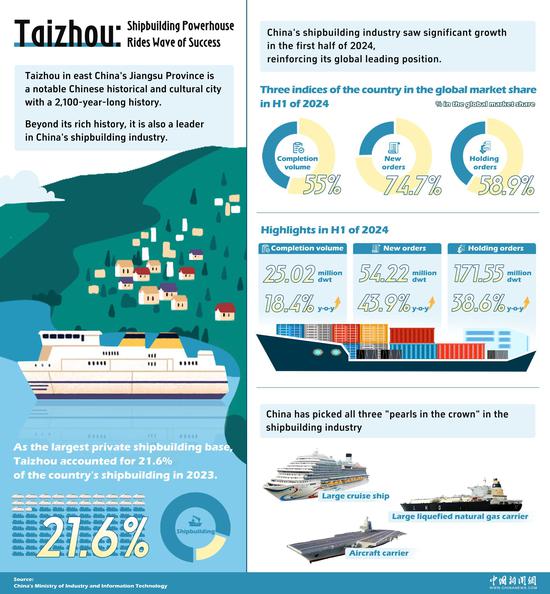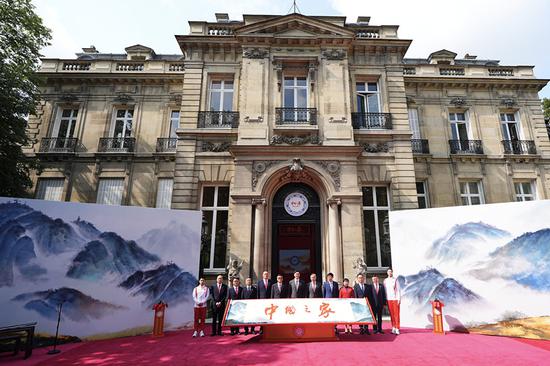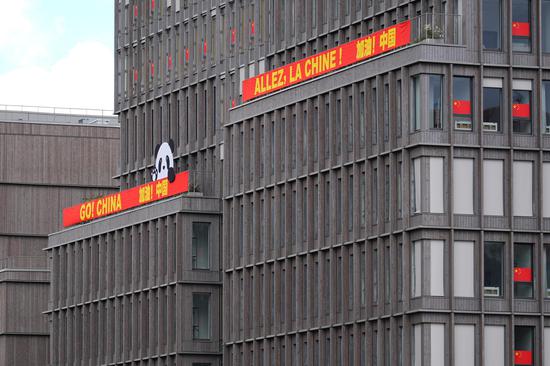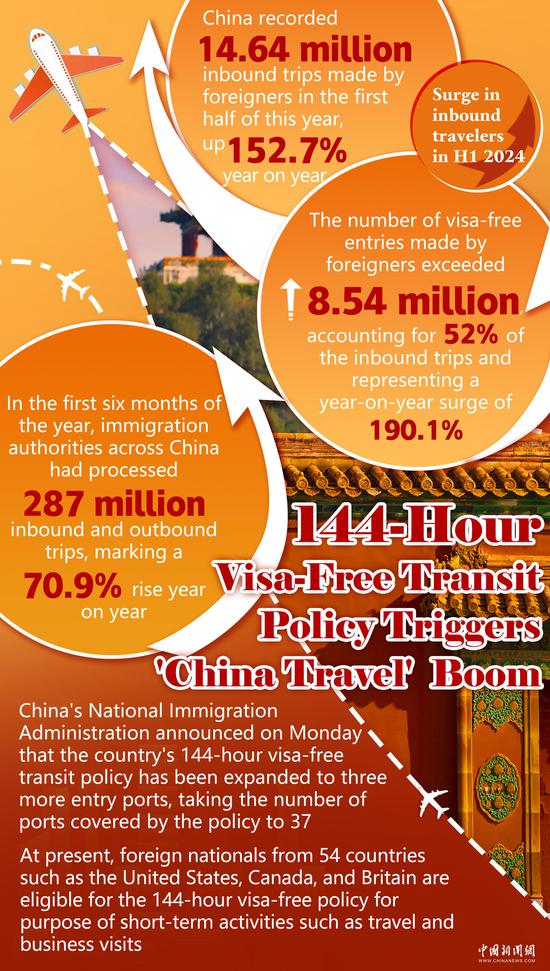China's industrial profits rose at a faster pace in June amid robust policy stimulus and steady growth in industrial production, adding to signs that the world's second-largest economy is on track for a steady recovery this year, analysts said.
Although the economy is still facing headwinds, analysts said that China's ongoing efforts to resolve its property and debt problems will significantly boost confidence among investors, businesses and consumers. Further steps to boost the country's domestic demand and tackle its structural issues will help foster robust high-quality growth in the future, they added.
Their comments came as data from the National Bureau of Statistics showed on Saturday that industrial enterprises with annual revenue of at least 20 million yuan ($2.8 million) saw their total profits surge 3.6 percent year-on-year in June after a 0.7 percent rise in May.
During the January-June period, China's industrial profits increased 3.5 percent year-on-year, following a 3.4 percent growth in the first five months.
The surge came on the heels of upbeat indicators earlier this month that pointed to a stabilization of the economy, as China's economy grew 5 percent year-on-year in the first half of 2024, laying a solid base for achieving the annual growth target of around 5 percent.
"The surge in industrial profits suggests a continued recovery trend, mainly due to the strong policy support, improvement in market demand and industrial product prices, and a low base effect," said Zhou Maohua, a researcher at China Everbright Bank.
China's producer price index, which gauges factory-gate prices, dropped 0.8 percent in June compared with a year ago, narrowing from a 1.4 percent fall in May.
Zhou said that China's industrial profits will likely continue to grow in the remaining half of the year, "bolstered by the country's ongoing efforts to drive large-scale equipment upgrades and trade-in deals for consumer goods, the issuance of ultra-long-term special treasury bonds, policies to stabilize the housing market, and the gradual recovery in market demand".
Financial support
In its latest efforts to spur domestic demand, China announced on Thursday that it would allocate around 300 billion yuan in ultralong-term special treasury bonds to support the program of driving large-scale equipment upgrades and trade-in deals for consumer goods.
According to the document jointly released by the National Development and Reform Commission and the Ministry of Finance, about half of the bond funds will be used for supporting trade-in deals for consumer goods, while nearly half of the funds will be used for driving large-scale equipment upgrades.
Earlier this year, China announced plans to issue 1 trillion yuan worth of ultra-long-term treasury bonds for major national strategies and build up security capacity in key areas in 2024.
Zhou said that China's domestic demand and consumption will likely further rebound in the second half of the year, with the implementation of the latest measures to promote the trade-in program, issuance of treasury bonds and policies on stabilizing the real estate sector taking effect gradually.
"China's economic recovery will find a firmer footing in the second half, given the robust first-half growth, steady improvement in domestic demand and the resilience in foreign trade," he added.
Despite the steady economic recovery trend, Xiong Yuan, chief economist at Guosheng Securities, warned that the broader economy is facing pressures from still-weak domestic demand, calling for stronger macroeconomic policy support to prop up growth, including further property easing policies as well as reductions in the reserve requirement ratio and policy rate cuts.
According to the Singapore-based ASEAN+3 Macroeconomic Research Office, China's economic recovery has continued to gain traction, aided by a rebound in external demand and diminishing drag from its real estate sector correction.
The office estimates that China's economy is poised to grow 5.3 percent year-on-year in 2024, higher than the country's annual growth target of around 5 percent.


















































 京公网安备 11010202009201号
京公网安备 11010202009201号